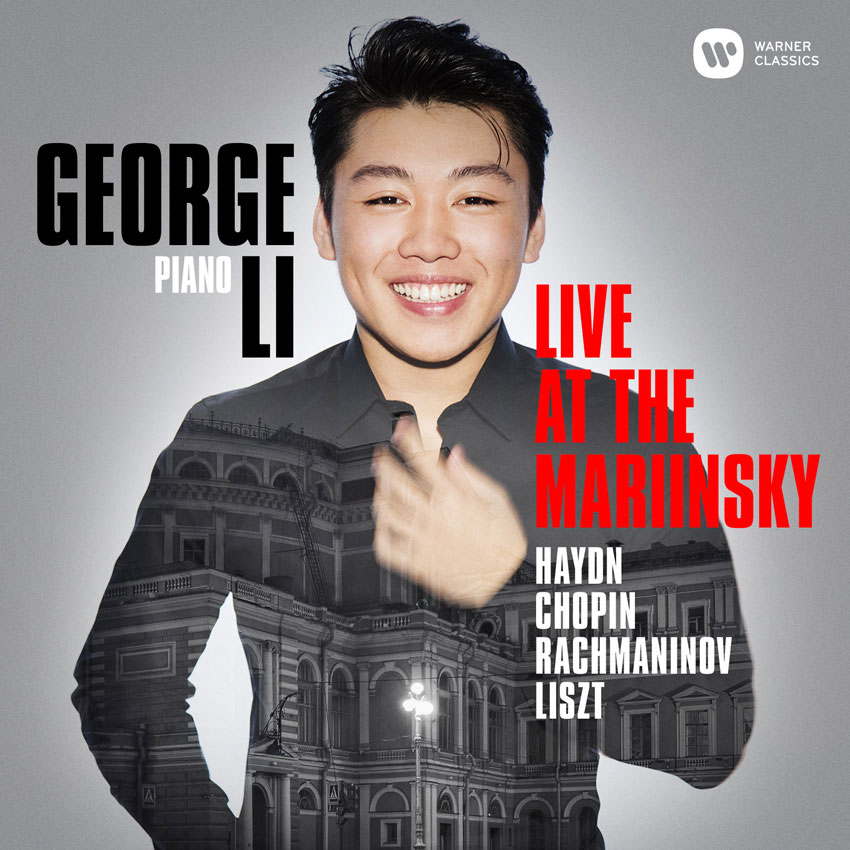Apparently I've been busy, because I haven't written for almost a month. But of course I've still been listening to lots of music -- what else am I going to do while I cook meals for five and then eat the entire pot in one night?
Side note: any of you ever make a whole loaf of bread and then finish it in 24 hours? I'm down to a heel of the focaccia I made yesterday. Note to self: solo quarantine is terrible for the waistline.
Anyway, here are a few memorable bits of music from the past couple weeks.
David Lang: "penance and remorse" from the little match girl passion
Theatre of Voices; Paul Hillier, conductor
A few nights ago, in some sort of tired, cranky, stir-crazy fever dream, I seriously considered mounting this piece as the capstone to my music degree. The next morning, I woke up and decided that maybe post-midnight quarantine Emery shouldn't be calling the shots.
Dieterich Buxtehude: O clemens, o mitis, o coelestis pater
Julie Roset, soprano; Ensemble Clematis
According to Julie Roset's Facebook fanpage, she got her bachelor's in 2019 -- and in Europe, bachelor's degrees are three years. So basically, she's a year older than I am. Her first solo album dropped, like, a week ago. What have I done with my life? (I should mention that the first phrase of this Buxtehude was so perfect that I forgot about the dish I was washing and spent the next fifteen minutes sweeping ceramic shards from my kitchen floor...maybe that says more about me than about Julie Roset though?)
Meredith Monk: "Wa-Lie-Oh" from Songs from the Hill
Marc Mauillon, baritone
An album to be experienced, not to be talked about.
Richard Strauss: the last five minutes of Ein Heldenleben
Gothenburg Symphony; Kent Nagano, conductor
I'm never in the mood to listen to Strauss. Except yesterday, I was. Brought me right back to Disney Hall, watching an aging, but ever lively Zubin Mehta conduct Heldenleben with the LA Phil on the weekend of my 18th birthday. I've said it once and I'll say it again: thank god for the $10 student ticket.
Marin Marais: "La Polonoise" from Suite in d minor (Second Book of Pieces for Viol)
François Joubert-Caillet; L'Achéron
I watched this one video ~20 times the other day. My findings: harp is just so totally the best continuo instrument. Plus, how cool is that 10th century church they're recording in?
Gaetano Donizetti: "Chacun le sait" from La fille du régiment
Erin Morley, soprano and piano; from the Metropolitan Opera's livestreamed gala
I go on a lot of walks in the only New Haven neighborhood with living rooms that big, I wonder if I've walked by Erin Morley's house? (also, what a performance holy crap) (also also, bel canto usually gives me hives but for some reason yesterday I only wanted to listen to music I don't usually like? I think quarantine broke me)
Anaïs Mitchell: Way Down Hadestown
From the original 2010 concept album
There's something so comforting about this original version -- no pomp, no circumstance, no huge swing-band dance number. With the call-and-response, it's almost campfire-y in a way. Intimate, muted, warm, fuzzy.
 |
| My first day at Kinhaven, circa 2010 |
Virtual madrigals were exactly what my aching heart needed this week. Look hard, you might see some familiar faces. (video here)




















